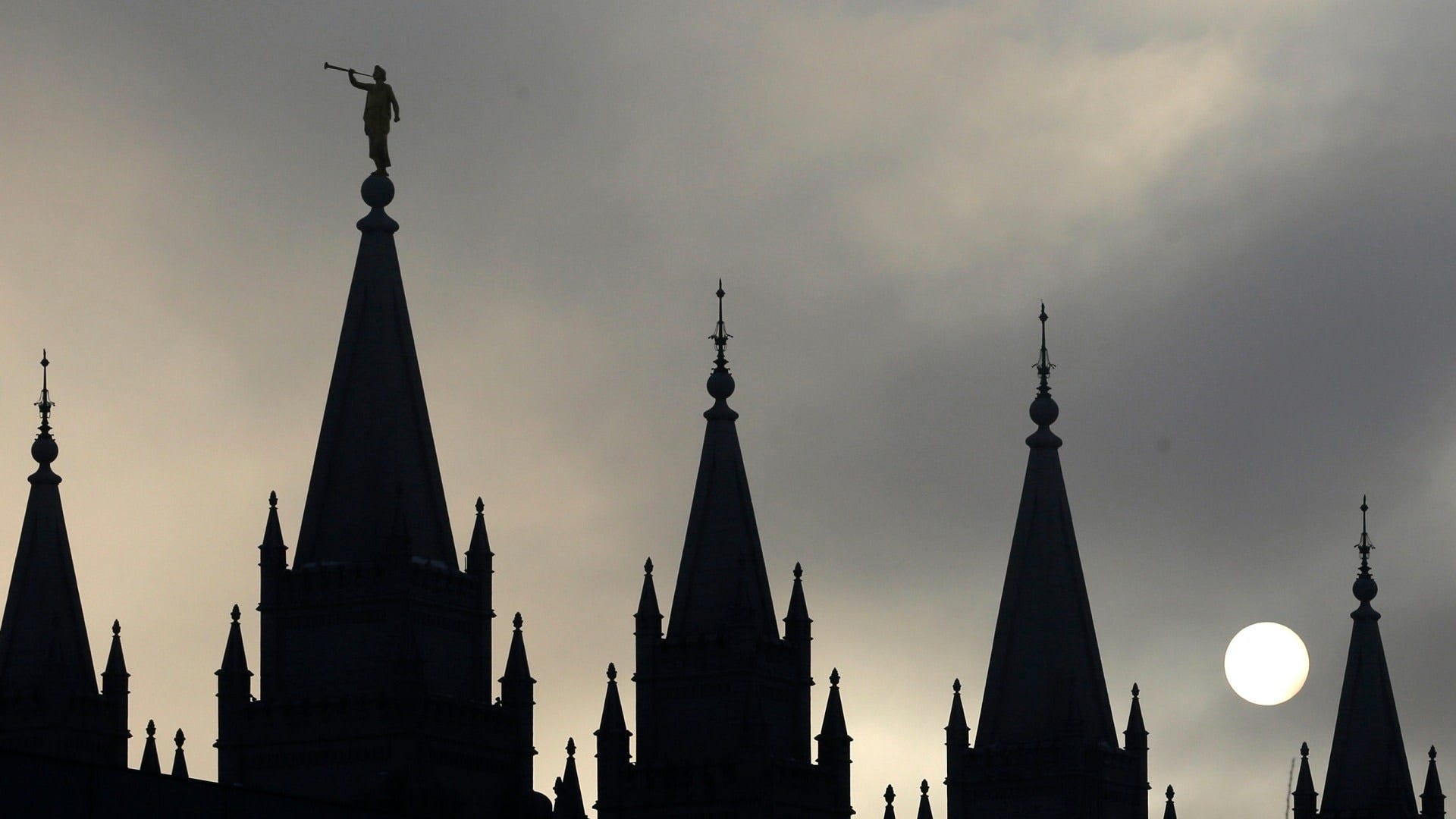Church of Jesus Christ of Latter-day Saints hid investments for 22 years, SEC says

The Church of Jesus Christ of Latter-day Saints and an affiliated investment arm will pay penalties and adhere to standard investment-reporting practices after federal regulators accused them of failing to properly disclose the church's stock-market investments worth billions of dollars and other details.
The Securities and Exchange Commission on Feb. 21 charged nonprofit investment firm Ensign Peak Advisors with failing to file required forms that would have fully and properly disclosed the church's stock holdings. Instead, the investment firm submitted paperwork for shell companies that obscured the church's wealth and misstated Ensign Peak's control over the church's investment decisions, according to the SEC.
To resolve the matter, Ensign Peak agreed to pay a $4 million penalty and the church agreed to pay $1 million. The church said it will pay the money out of investment returns on a portfolio that some have estimated as worth more than $100 billion including stocks, bonds, timberland, holdings in hedge funds and other investments.
A statement issued Feb. 21 by church officials said Ensign Peak and the church have cooperated with the government to resolve the matter.
"We confirm our commitment to comply with the law, regret mistakes made and now consider this matter closed," the church said in its statement, adding that the proper forms were filed for the past 13 quarters.
Why the SEC fined the church
Before that, starting in 2000, Ensign Peak attempted to "maintain the privacy of the portfolio" through separate filings rather than a single aggregated report, the church's statement said. The SEC became aware of the issue following allegations raised by a whistleblower.
"We allege that the LDS church's investment manager, with the church's knowledge, went to great lengths to avoid disclosing the church's investments, depriving the commission and the investing public of accurate market information," said Gurbir Grewal, director of the SEC's enforcement division, in a prepared statement.
From 1997 through 2019, the SEC said Ensign Peak failed to file scores of 13F forms on which investment managers are required to disclose what securities they oversee and how much they are worth. According to the investment-watchdog agency, the church was concerned that disclosure of its portfolio, which by 2018 had grown to $32 billion, would lead to "negative consequences."
On reporting:Ariz. Supreme Court asked to decide if LDS church should share child abuse confession
Media reports have asserted that such disclosures might have led to a drop in donations, or tithing, from church members, of whom roughly 440,000 live in Arizona.
The use of 13F forms is required on portfolios worth $100 million or more. These and other investment documents are available for public viewing on the SEC's Edgar database at sec.gov/edgar.
To obscure the size and other characteristics of the portfolio, with the knowledge and approval of church officials, Ensign Peak created 13 shell limited liability companies and filed 13Fs in their names, the SEC said. The filings should have come from Ensign Peak, which is named after a peak in the foothills overlooking Salt Lake City, where the church is headquartered.
What the LDS church's investments look like
The latest 13F filed by Ensign Peak for the quarter that ended Dec. 31 disclosed nearly 1,800 stock-market positions worth $44.4 billion. Larger holdings included $2 billion in Apple shares, nearly $2 billion in Microsoft, $1.2 billion in Alphabet and $1 billion in UnitedHealth, plus holdings of $500 million or more in ExxonMobil, Johnson & Johnson, Mastercard, JPMorgan, Walmart and Merck.
The church said it also holds bonds, commercial and residential real estate and agricultural properties, with all funds invested "solely to support the church's mission."
The portfolio at year-end also included stakes in roughly a couple dozen Arizona companies including trash-hauler Republic Services ($164 million) and trucker Knight-Swift Transportation ($155 million).
Some of the submitted forms inaccurately stated that the LLCs controlled the investments and had proxy-voting discretion over various securities when, in reality, Ensign Peak retained control over the investment including voting power, the SEC alleged. Ensign Peak directed various managers, most of whom were church employees, to sign the improper filings, the SEC added.
The requirement to file timely and accurate 13Fs applies to all institutional investment managers, including non-profit and charitable organizations, Grewal said.
Reach the reporter at russ.wiles@arizonarepublic.com.